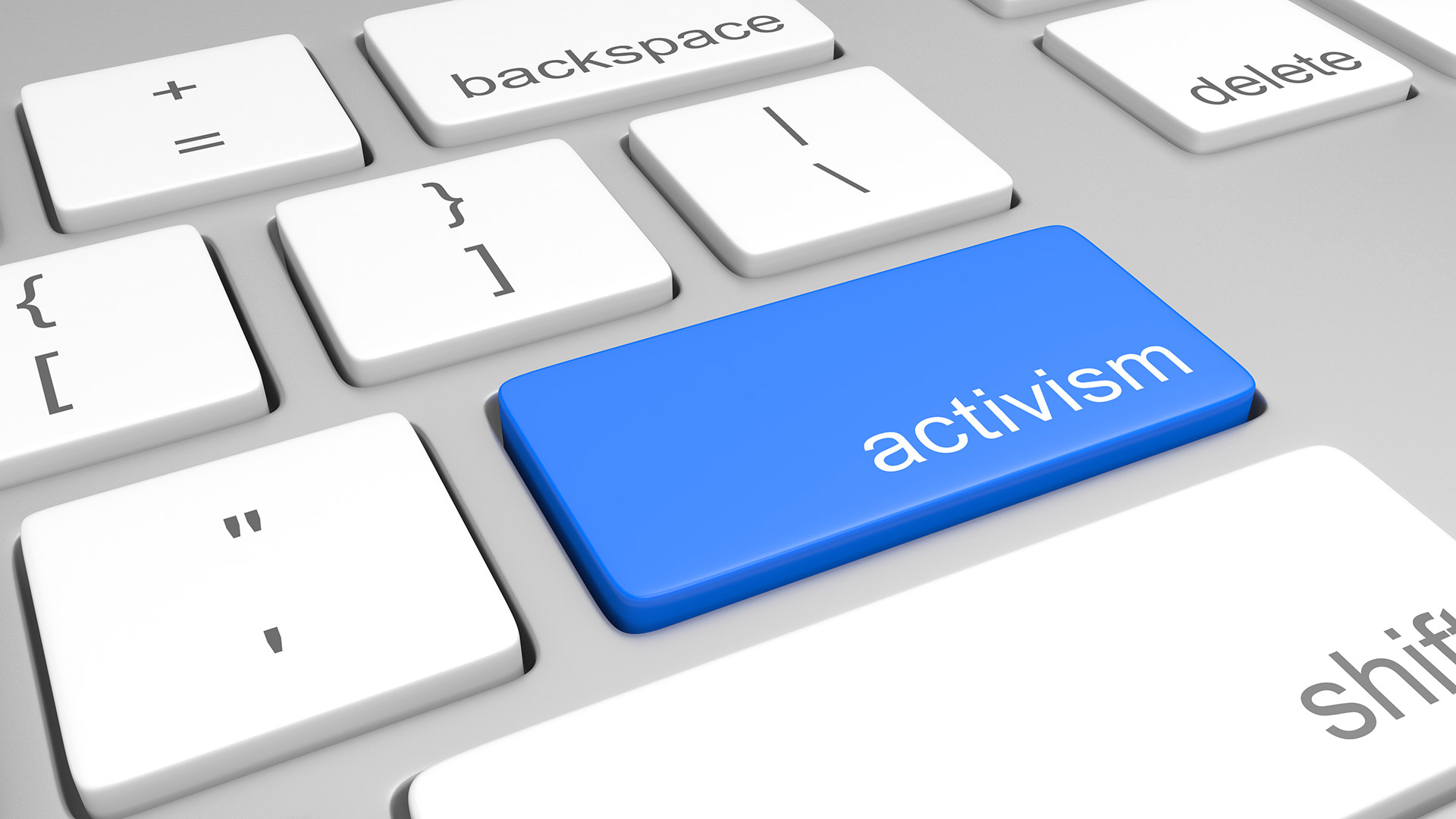Has social media made companies more socially responsible?
Recently Sainsbury’s ended their advertising with GB News. They said that it was because the deal had come to a ‘natural end’, but those of us who are slightly more cynical can’t help wondering whether it had anything to do with the campaigns run by the pressure group Led by Donkeys.
With billboards outside the supermarket’s headquarters accusing them of paying Nigel Farage’s salary (following his sickening comments about the RNLI) and a viral social media video which got more than 2.5 million views, it’s hardly surprising that this type of pressure could have ‘persuaded’ the company to pull their advertising.
And they wouldn’t be the only ones. Within days of GB News launching, Stop Funding Hate urged its 120,000 Twitter followers to exert pressure on brands to pull their advertising. Kopparberg, Octopus Energy and Nivea all quickly suspended their ads.
So, does this mean social media is helping companies to be more socially responsible or are they simply bowing to pressure?
The rise of socially responsible companies
Socially responsible companies aren’t new. In fact, the term ‘Corporate Social Responsibility’ dates back to 1953 when the American economist Howard Bowen published his landmark book “Social Responsibilities of the Businessman”. In it he says “CSR refers to the obligations of businessmen to pursue those policies… which are desirable in terms of the objectives and values of our society”.
But it wasn’t until 1997 that Shell became the first company to implement CSR, when they began voluntarily reporting on their environmental performance. Other companies followed suit and CSR soon became an important strategic imperative and increasingly expected by stakeholders and customers.
Nowadays, companies use their CSR programmes to support philanthropic efforts, reduce their carbon footprint, and engage in charity and voluntary work. And it’s been successful with research showing companies with effective CSR programmes are more profitable than companies who don’t do anything.
But the fact remains CSR is a self-regulated framework that has no legal or social obligation for companies to actually create positive change, which means sometimes it’s down to the power of the people to make sure companies are doing the right thing.
Activism before social media
Before social media it was possible to influence how a company or brand behaved, it was just harder and took longer to have an impact. Nike is a prime example.
Back in the 1990s it was targeted by labour activists and anti-globalisation forces for allowing its suppliers in poor countries to abuse and exploit workers. Nike hid its head in the sand until Life magazine published a photo showing a Pakistani boy sewing Nike soccer balls. As a result of being so blatantly called out, they set up a system for monitoring and remedying factory conditions and is today considered to be a corporate-sustainability leader.
But the fact it took Nike 7 years from the initial report detailing poor working conditions in their factories to doing something concrete gives an idea of how much easier it was before social media for companies to do nothing for longer.
So, how has social media changed things?
Nowadays, social media enables everyone to voice their thoughts quickly and easily. Some call it ‘slacktivism’ as it is a lot easier to sign an online petition or share a hashtag than go on a protest march or tie yourself to railings in the pouring rain, but it does mean that if enough people do it then things can change very quickly.
Look at the #StopHateForProfit, an activist campaign initially focused on getting Facebook to properly tackle racism, disinformation and hate on its platform. Companies were asked to pause their Facebook advertising for one month. It’s estimated that over 530 participated in the boycott and has seen Facebook, and other social media platforms, make policy changes.
And then there’s the ‘Save the Arctic’ campaign from Greenpeace when they tried to get Lego to stop distributing its toys at Shell petrol garages. Their YouTube video showing a Lego world drowning in oil attracted almost 7m views and resulted with Lego ending their multi-million pound, fifty year relationship with Shell! Without social media, that partnership might still be running.
And the great thing about social media is that it isn’t just about organisations or activist groups raising concerns. It also allows individuals to have their say. Just look at the pressure Greta Thunberg is putting on both world leaders and companies to take immediate action about climate change.
The power of the people and social media
While you could argue that companies are changing their stance because it’s easier than having to deal with a potential PR nightmare on Twitter, maybe social media is just enabling companies to become more socially responsible in ways they maybe hadn’t considered before. And the beauty of social media is it allows companies to get a clear and quick sense of how important these issues actually are to their customer base which in turns enables them to make the right, socially responsible decisions.
After all, without social media campaigns, Tesco wouldn’t have committed to stop selling eggs from caged hens or Sainsbury’s wouldn’t have agreed to reducing their plastic packaging by a massive 50% by 2025.
And surely, that’s a good thing.
